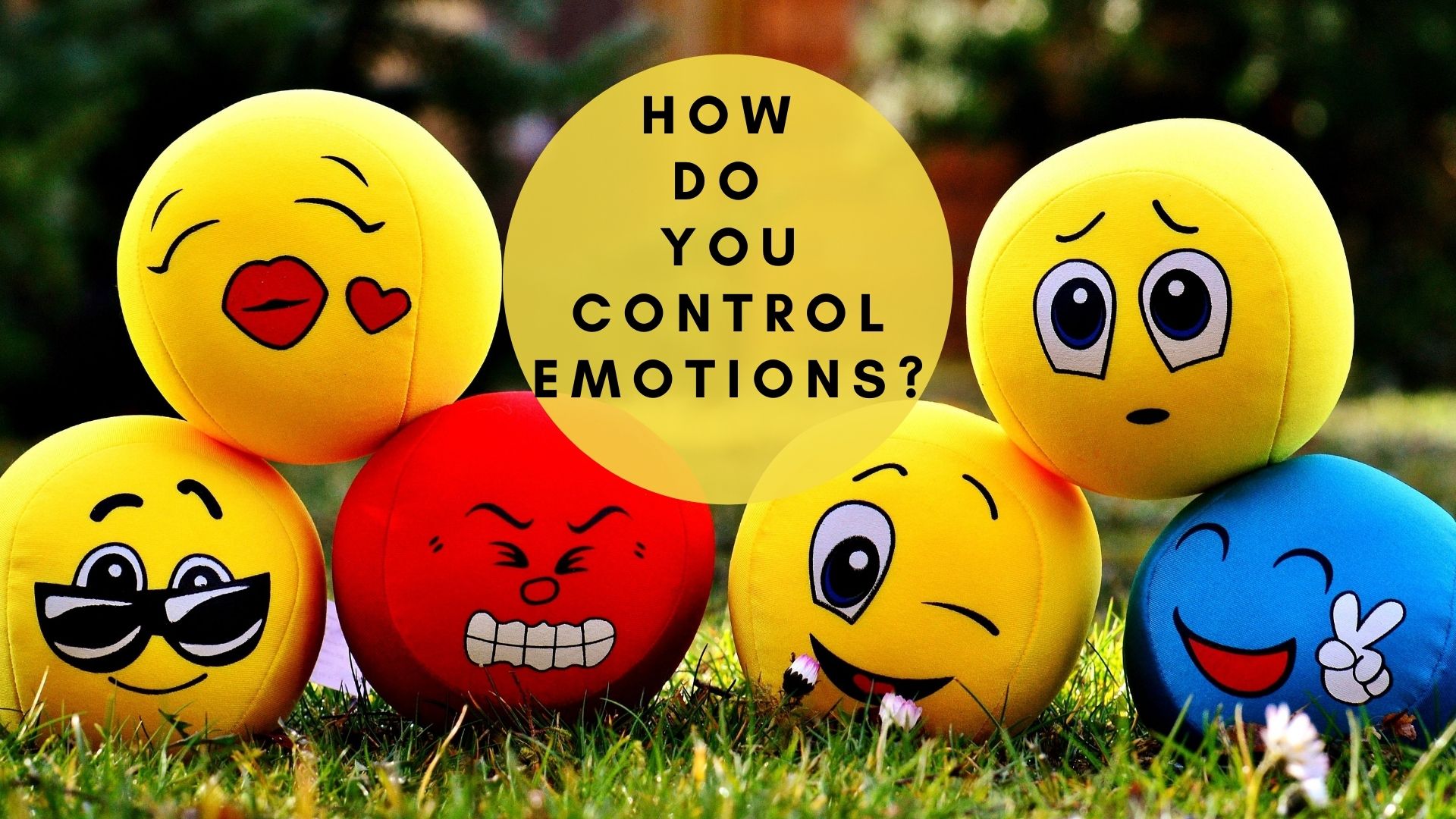The ability to regulate emotions is a key ability that greatly affects our total well-being and capacity to recover. In a world filled with constant challenges and pressures, the capability to manage our emotions not only assists us navigate tough situations but also cultivates better relationships and enhances our decision-making capabilities. Whether it's maintaining composure under pressure at work, controlling anger in positive ways, or merely coping with a tough day, emotional control plays a vital role in how we perceive life.
The study behind emotional regulation reveals that our emotional responses are not just knee-jerk responses but can be consciously improved while enhancing over time. By identifying our emotional stimuli and developing effective approaches, we can cultivate a sense of balance and clarity. This piece will explore proven techniques to enhance emotional control, explore the connection between emotional well-being and mental health, and highlight practical activities that can enable you to develop resilience and prosper amidst life's obstacles.
Proven Strategies for Managing Emotions
Enhancing emotional regulation is crucial for upkeeping emotional health and adaptability in life. One successful strategy is practicing mindfulness, which can greatly improve the management of emotions. By concentrating on the present moment and witnessing thoughts and emotions without criticism, individuals can establish a space between their emotions and impulses. Methods such as mindful meditation and controlled breathing help stabilize people, enabling them to respond thoughtfully rather than respond impulsively. Regular mindfulness practices can lead to enhanced understanding of emotions and control over time.
Another impactful approach is recognizing what triggers certain emotions and finding ways to handle them. This requires pinpointing specific situations or interactions that trigger intense emotional responses. Once these stimuli are acknowledged, people can develop strategies to address their feelings before they get out of hand. This may involve using soothing practices or using self-talk to reframe challenging situations. By foreseeing and preparing for emotional cues, people can handle difficult dialogues and conflicts with greater poise and confidence.
Moreover, building awareness of oneself through habits like writing in a journal can improve emotional regulation. Recording daily occurrences allows individuals to reflect on their feelings and identify patterns over time. This increased understanding can lead to improved decision-making and healthier emotional management. By developing daily routines that emphasize introspection and tuning into emotions, practitioners can improve their capacity to regulate emotions during difficult times in personal and work settings.
The Field of Strength and Affective Management
Emotional regulation is a vital component of strength , facilitating individuals to handle the obstacles with increased facility. Investigations indicates that the capability to control feelings effectively can buffer against pressure and boost general wellness. As we regulate our emotions , we generate a much conducive environment for problem-solving and decision-making , which are essential abilities in navigating challenges. This interaction between emotional control and strength underscores the value of cultivating methods that foster emotional awareness and regulation.
Studies have demonstrated that people who practice emotional regulation tend to see better mental wellness. This encompasses lower levels of anxiety and sadness , as well as a greater sense of general contentment. The neuroscience behind emotional control suggests that regions of the brain related to the processing of emotions , such as the prefrontal cortex , play a pivotal role in our ability to respond to pressure. By participating in activities that enhance emotional regulation , such as meditation and introspection , we reinforce these neural pathways , which in turn enhances our competence to manage challenging circumstances.
Additionally , the link between emotional control and strength is apparent in relationships with others. When people have effective emotional regulation skills , they are better equipped to handle disagreements and converse clearly. This fosters more positive relationships and a support network that can help people bounce back from challenges. While we examine methods to develop strength , it becomes evident that cultivating emotional control is not just helpful for individual growth , but crucial for thriving in our relationships with others and in our paths through life.
Useful Techniques for Immediate Calm
As faced with demanding situations, applying instantaneous techniques can significantly help in regaining emotional control. A effective method is the practice of deep breathing. By making https://peterashbysmith.com/how-to-reduce-emotional-reactivity-with-stoic-wisdom-and-modern-insight/ , measured breaths, you can lower your heart rate and reduce anxiety. Inhale deeply through your nose, allowing your abdomen to rise, then exhale slowly through your mouth. This straightforward but effective technique can ground you and create a moment of pause amidst chaos.
Another technique is using the 5-4-3-2-1 grounding exercise. This method involves recognizing five things you can see, four things you can touch, three sounds you can hear, two things you can smell, and one thing you can taste. Engaging your senses helps shift your focus away from overpowering emotions and brings your awareness back to the present moment. This practice can be especially beneficial in high-pressure environments, allowing you to adjust your emotional state.
Incorporating mindfulness practices, such as quick meditation or visualization, can also foster immediate calm. Even a small minutes of closing your eyes and picturing a peaceful landscape can create a buffer against emotional distress. Regular practice of mindfulness not only aids in present situations but also builds long-term resilience by enhancing your overall emotional regulation capabilities. These techniques, when executed consistently, can empower you to manage life's challenges with greater composure and clarity.

